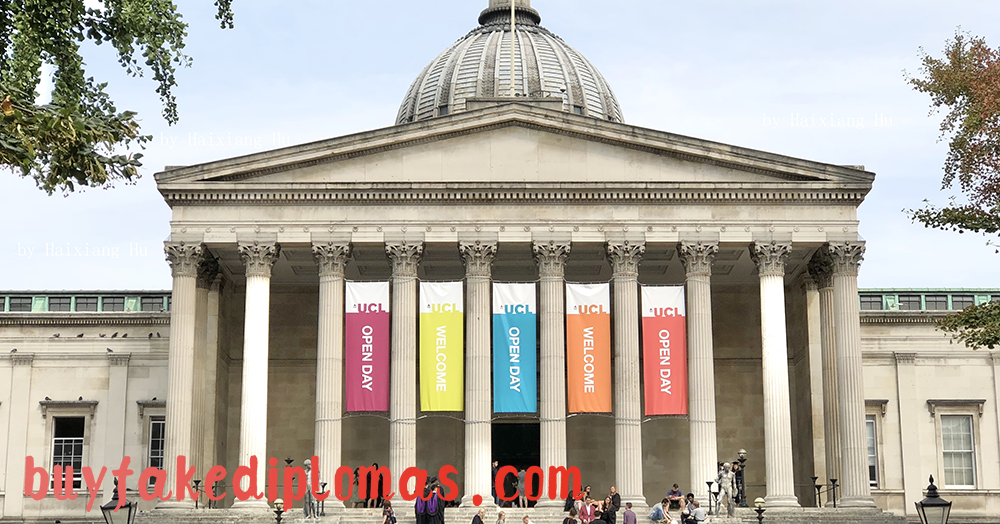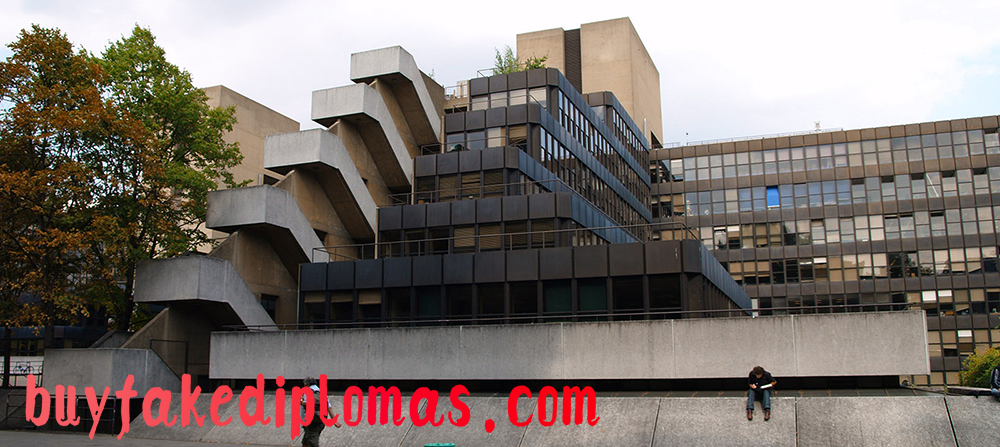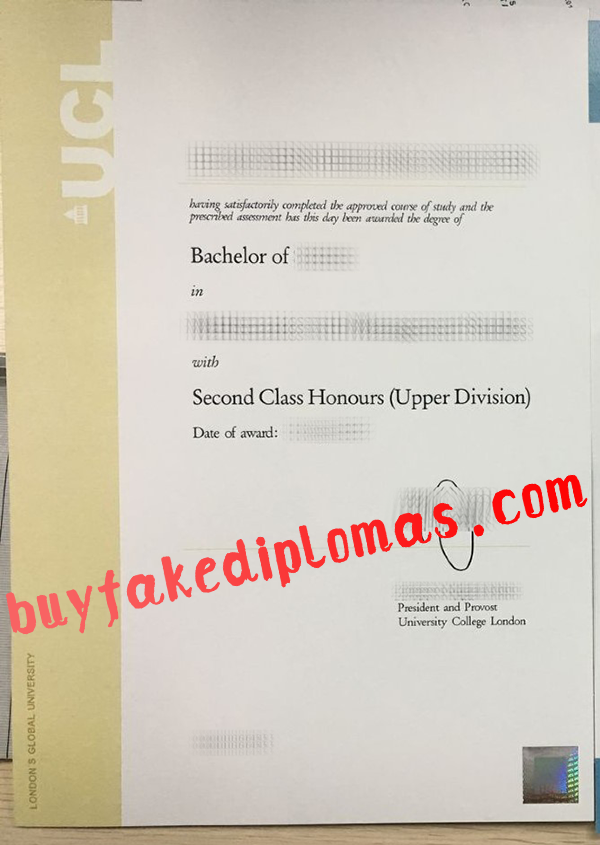
University College London was founded on February 11, 1826 as “London University”, and Jeremy Bentham is generally regarded as the “spiritual father” of University College London. In 1831, buy fake University College London Diploma, the British government, led by the Whig Party, successfully obtained a royal charter for University College, which gave it the power to award degrees independently. In 1836, UCL, together with the later King’s College London, buy fake diploma, formed the University of London System and has been at the heart of the system ever since as a flagship university. As a product of the European Enlightenment, University College London is the first modern university in Britain and the first university in Britain to accept female students according to the same standards. Buy fake University College London degree, buy fake University College London transcript, The original intention of its establishment is to abandon the outdated system of church schools and advocate rationalism and equal rights in education. Its goals are as follows: “To encourage research and the advancement of independent scholars so that they can use their excellent knowledge to advance the science they pursue and the society in which they live”.
The university’s iconic campus building is the UCL Main Building (the location of many film and television productions). The central part of the building, often referred to as the “Wilkins House” or “Octagon,” is home to the main library, the Flaxman Gallery, the Octagon Dome, and the northern Cloister. It is also the oldest part of the building. The extension of the square courtyard, surrounded by a “U” shape, was completed in 1985 (after the death of William Wilkins).

Facing Gower Street, the quadrangle has grass, walkways and plenty of benches, as well as two abandoned astronomical observatories.
Other UCL affiliates are located throughout central London: UCL’s School of Ophthalmology, School of Orthopaedics and Skeletal Muscle Research, Winder Institute and Departments of Meteorology and Atmospheric Physics in Clerkenwell, Stanmore, Fitzrovia and Holmbury; Two teaching hospitals, the Royal Free Hospital and the Whittington Hospital, are in Hampstead and Islington respectively.
UCL’s School of Energy and School of Archaeology and Museology are located in Adelaide, Australia and Doha, Qatar respectively. The former is jointly run by UCL and the Australian Government and is currently the largest UK educational institution in Australia.
UCL is famous for its collection of historical and cultural rare objects, especially manuscripts, rare books and archives. The university has nine museums and collection areas with a wide variety of collections. These venues are: The Museum of Art, the Grant Museum of Zoology, the Museum of Comparative Anatomy, the Petrie Museum of Egyptian Archaeology, the Geology Collection, the Archaeological Research Collection, the ethnographic Collection, the Golton Collection (dedicated to Francis Golton’s personal collection) and the Science Collection (dedicated to the scientific products made by the faculty and students of UCL). The top five are open to the public, while the rest require advance reservations.

As of 2021, UCL has 17 libraries, connected by a central system called Explore, with a combined collection of more than 2 million volumes, the largest of which is located in the UCL headquarters building. In addition, UCL students and faculty have free access to the University of London’s central library, the Senate Library.
Ucl, together with the University of Oxford, the University of Cambridge, Imperial College London and the University of Southampton, has formed the Science and Engineering South Alliance (SES-5), a “consortium of intellectual insights and research resources”. It is the most powerful scientific alliance in the UK and one of the world’s leading science and engineering research groups.
Working closely with some of the world’s leading universities, including the Higher University of Economics, the University of Prague, the University of Helsinki and the University of Tartu, UCL’s Institute for Slavic East European Studies aims to explore the regional influence of factors such as geopolitics, economics, culture, language and history.

Ucl has teamed up with the National Physical Laboratory (NPL), Imperial College London and King’s College London to form the Thomas Young Centre for Materials Science, which is home to more than 100 research teams in areas of academic research including physics, materials science, chemistry, earth sciences, biology and engineering.
